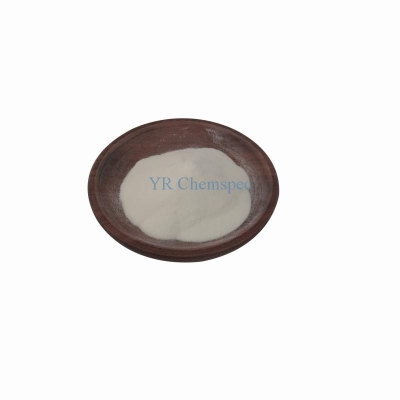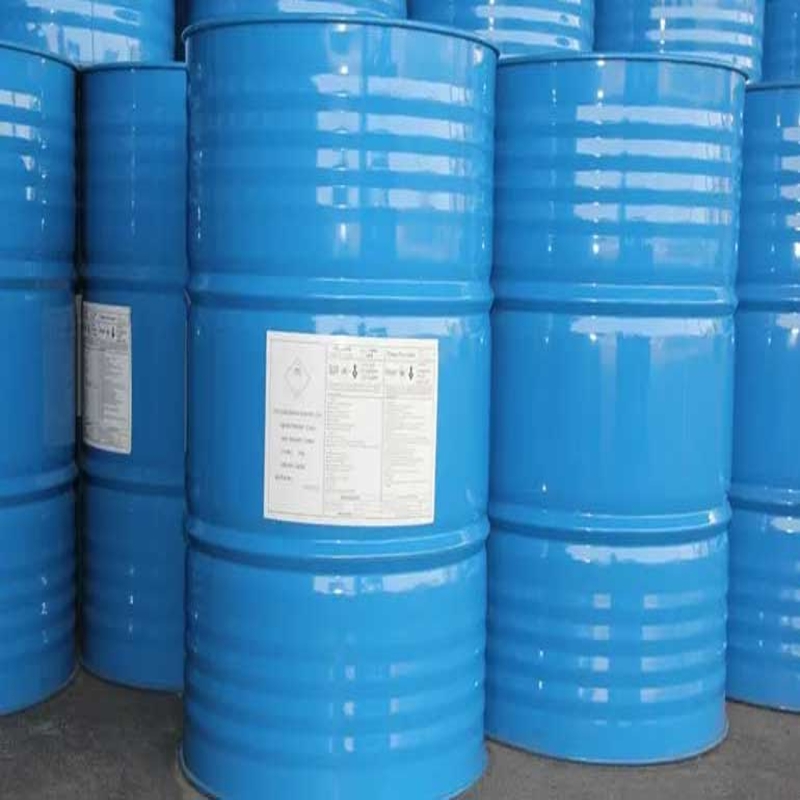-
Categories
-
Pharmaceutical Intermediates
-
Active Pharmaceutical Ingredients
-
Food Additives
- Industrial Coatings
- Agrochemicals
- Dyes and Pigments
- Surfactant
- Flavors and Fragrances
- Chemical Reagents
- Catalyst and Auxiliary
- Natural Products
- Inorganic Chemistry
-
Organic Chemistry
-
Biochemical Engineering
- Analytical Chemistry
-
Cosmetic Ingredient
- Water Treatment Chemical
-
Pharmaceutical Intermediates
Promotion
ECHEMI Mall
Wholesale
Weekly Price
Exhibition
News
-
Trade Service
On March 1, the graphene lithium-ion power battery research and development cooperation project of the Chinese Academy of Sciences with the world's advanced level of graphene super battery application settled in Foshan, Guangdong, and the project will kick off the industrialization of graphene super batteries for new energy vehicles in Guangdong
.
This is an important scientific and technological project
that Guangdong Province will usher in after the State Council has recently clearly issued policies and measures to support the transfer and transformation of scientific and technological achievements and promote the deep integration of science and technology and economy.
At the end of 2015, Huang Fuqiang's research team from the Shanghai Institute of Ceramics, Chinese Academy of Sciences, found that graphene was the best choice for energy storage electrode materials, and developed a high-performance energy storage electrode material - nitrogen-doped ordered mesoporous graphene
.
The material has excellent electrochemical energy storage properties and can be used as a "super battery"
for electric vehicles.
The study was published on December 18, 2015, in
Science, the world's top journal.
As the owner of this research result, the Shanghai Institute of Ceramics, Chinese Academy of Sciences, cooperated with Fosu Technology, a listed company belonging to Guangdong Guangxin Holding Group, and Fosu Technology invested 50 million yuan to jointly build a graphene-powered lithium-ion battery R&D center project
.
Huang Bingdi said that this R&D center will serve as a new joint innovation platform for close cooperation between industry, education and research, give full play to the role of technical reserve services and the transformation of technical research results, and accelerate the industrialization of
graphene and its products.
Fosu Technology is a domestic leader
in the research and development and manufacturing of new energy, new materials, energy conservation and environmental protection industries, especially battery separator films.
The research team of the Institute of Shanghai Silicon of the Chinese Academy of Sciences has not only mastered the research results of the above-mentioned "super battery", but also developed a variety of large-scale preparation and application technologies
of high-quality graphene directly related to the project.
After the combination of the two, it is expected to achieve a major breakthrough in the industrialization of graphene advanced energy storage applications, thereby breaking the phenomenon of "two skins" in the science and technology economy, effectively improving the conversion rate of scientific and technological achievements, and creating a new industrial chain
of industry 4.
0 in Guangdong Province.
On March 1, the graphene lithium-ion power battery research and development cooperation project of the Chinese Academy of Sciences with the world's advanced level of graphene super battery application settled in Foshan, Guangdong, and the project will kick off the industrialization of graphene super batteries for new energy vehicles in Guangdong
.
This is an important scientific and technological project
that Guangdong Province will usher in after the State Council has recently clearly issued policies and measures to support the transfer and transformation of scientific and technological achievements and promote the deep integration of science and technology and economy.
At the end of 2015, Huang Fuqiang's research team from the Shanghai Institute of Ceramics, Chinese Academy of Sciences, found that graphene was the best choice for energy storage electrode materials, and developed a high-performance energy storage electrode material - nitrogen-doped ordered mesoporous graphene
.
The material has excellent electrochemical energy storage properties and can be used as a "super battery"
for electric vehicles.
The study was published on December 18, 2015, in
Science, the world's top journal.
As the owner of this research result, the Shanghai Institute of Ceramics, Chinese Academy of Sciences, cooperated with Fosu Technology, a listed company belonging to Guangdong Guangxin Holding Group, and Fosu Technology invested 50 million yuan to jointly build a graphene-powered lithium-ion battery R&D center project
.
Huang Bingdi said that this R&D center will serve as a new joint innovation platform for close cooperation between industry, education and research, give full play to the role of technical reserve services and the transformation of technical research results, and accelerate the industrialization of
graphene and its products.
Fosu Technology is a domestic leader
in the research and development and manufacturing of new energy, new materials, energy conservation and environmental protection industries, especially battery separator films.
The research team of the Institute of Shanghai Silicon of the Chinese Academy of Sciences has not only mastered the research results of the above-mentioned "super battery", but also developed a variety of large-scale preparation and application technologies
of high-quality graphene directly related to the project.
After the combination of the two, it is expected to achieve a major breakthrough in the industrialization of graphene advanced energy storage applications, thereby breaking the phenomenon of "two skins" in the science and technology economy, effectively improving the conversion rate of scientific and technological achievements, and creating a new industrial chain
of industry 4.
0 in Guangdong Province.







